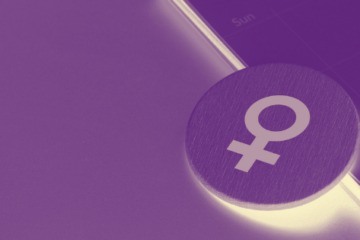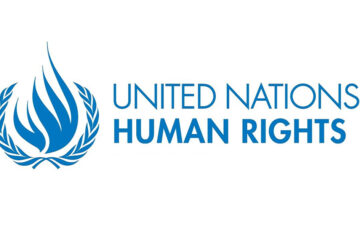FMA statement on World Press Freedom Day 2021
Journalists play a key role in society, and it’s not only because the work they do involves public interest. Independent, critical, and accurate information actually saves lives, especially in the context of a pandemic. It is the most effective tool against disinformation and propaganda. Time and again, it has exposed incompetence and corruption and has held power to account.
This World Press Freedom Day, the Foundation for Media Alternatives (FMA) joins the global affirmation that journalism is a public good. At the same time, it recognizes that, despite their invaluable role in society, journalists and journalism continue to be at risk. In the Philippines, journalists and activists are constant targets of an administration openly hostile to criticism. The government places little to no value on honest and credible reporting—tagging truthful reports as ‘fake news’—and is predisposed to shutting down any opposing views. Weaponized laws are passed and utilized to stifle dissent, the latest being the Anti-Terrorism Act of 2020.
Journalists and journalism also are at risk in the workplace. Journalists are killed when they expose wrongdoing in relation to their functions as reporters. On top of this, they are underpaid, overworked, and may not even have security of tenure. As workers, they often have to contend not only with a fast-paced environment, but also ungodly work hours. Self-censorship is common, especially for those affiliated with for-profit media organizations. Alternative media organizations are red-tagged or their platforms attacked for reporting progressive stories. As a result of these circumstances, the Philippines has dropped four years in a row in Reporters Without Borders’ World Press Freedom Index. In 2021, the country ranked 138th out of 180 countries. This means that the press is “partially or completely blocked” because of Duterte administration’s continued attacks and intimidation of critical media, including the shutdown of the country’s largest broadcaster, ABS-CBN.
Despite these challenges, a free press endures. But it is only through collaborative and concerted efforts that the press can ensure this freedom is preserved. Now more than ever, the expanding media landscape demands that all stakeholders—publishers, journalists, editors, writers, bloggers, vloggers, dissidents, and media owners—be transparent about their responsibilities in light of the freedoms they possess. Since journalism is a public good, its workers must also not forget about their responsibility to educate; to advocate; to recognize bias where it exists; to keep a proper distance from subjects; to balance privacy rights with the people’s right to information; and to value human lives over stories. Critical and independent reporting will always be the press’ claim to legitimacy, and it is this call that will reverberate through various sectors that rely on the press for information.
World Press Freedom Day is an annual opportunity for these freedoms and responsibilities to be articulated, and for press stakeholders to be reminded of how their stories weave the fabric of society. In this context, FMA supports collaborative efforts within the media to improve the profession. It also expresses its willingness to aid all journalists and media platforms to mainstream media literacy. Moreover, it also joins the repeated calls to defend press freedom; defend media workers; stop the killings of journalists and activists; fight disinformation and propaganda; protect digital rights, especially of women and children; and to protect the right to privacy as a right compatible with the freedom of expression.
Mabuhay ang malayang pamamahayag! Support and protect independent and critical reporting!
Banner photo from: Jes Aznar—Getty Images
![]()



0 Comments